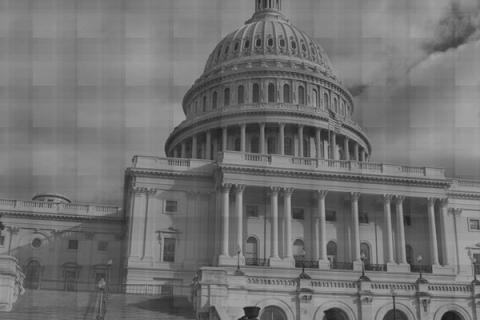In Florida, election year stakes are high, and both parties are struggling for any advantage. Unfortunately, in the last month, the battle has spilled over into a dispute over who can vote. Last week, IVN reported that Governor Rick Scott has begun an election year purge of the voter rolls, with the supposed intent of barring non-citizens from voting.
Faulty databases and curious timing, however, led many to worry that the Florida voter purge is a ploy to sway election results in a state with famously narrow margins. Organizations pointed to apparent discrimination against minorities, and the unusual timing of the purge. Voters, especially independent voters, had reason to believe their ability to vote was in the hands of partisan leaders willing to do anything to win. This week, new developments in the case have escalated the dispute. The United States Department of Justice has stepped in, issuing a letter pointing out alleged violations of federal voting law:
"Our records do not reflect that these changes affecting voting have been submitted to the United States District Court for the District of Columbia for judicial review or to the Attorney General for administrative review as required by Section 5 of the Voting Rights Act."
This rule originated in the civil rights era. Counties that had a history of voter discrimination were required to submit changes to the Federal Government before enacting them. The letter also claimed that federal law requires states to complete such purges 90 days before primary elections.
"In particular, Section 8(c)(2)(A) of the NVRA [National Voter Registration Act of 1993] provides that ' State shall complete not later than 90 days prior to the date of a primary or general election for Federal office, any program the purpose of which is to systematically remove the names of ineligible voters from the official lists of eligible voters.'"
The response to the Justice Department's letter has been mixed. According to CNN, Ron Labasky of the Florida State Association of Supervisors of Elections wrote to local election boards:
"I recommend that Supervisors of Elections cease any further action until the issues were raised by the Department of Justice are resolved between the parties or by a Court."
Some counties have heeded this advice, and some never started the purge, citing faulty data. Not surprisingly, the Division of Elections is still defending the Florida voter purge. In fact, the Miami Herald reports that the state may defy the Justice Department's position:
"'Our letter will address the issues raised by DOJ while emphasizing the importance of having accurate voter rolls,' said Chris Cate, spokesman for Florida Secretary of State Ken Detzner, who’s in charge of the state’s elections division. Cate would neither confirm nor deny what was in the state’s response, but he acknowledged that the state disagrees with the federal government and doesn’t plan to throw in the towel. 'We know we’ve been acting responsibly.'"
No doubt Democrats and other activists will try to cast the Administration as courageously defending Florida against discrimination perpetrated by the Republican leadership, and Republicans will allege that the Administration is trying to prevent the state's conscientious efforts to make sure only citizens can vote.
The truth is somewhere in between, and it is not comforting. Election laws are not the unmovable guidelines voters believe them to be. They are tools in the hands of the party in power. Right now, the Republicans hold the power in Florida, and the Democrats hold the power at the Justice Department. This dispute is not about fair and just elections; it is about the power to determine who can vote. The reason the Florida voter purge is so contested is that it may affect the outcome of the election. Independent voters and voters in general are left behind as the two parties battle it out.
While it will be interesting to see how this conflict plays out, the final resolution will be bittersweet. Either way, one partisan side will come out with the upper hand, but independent voters will lose out as partisan government controls the list of registered voters. To the establishment, voters are just pawns in the chess match of modern politics.

